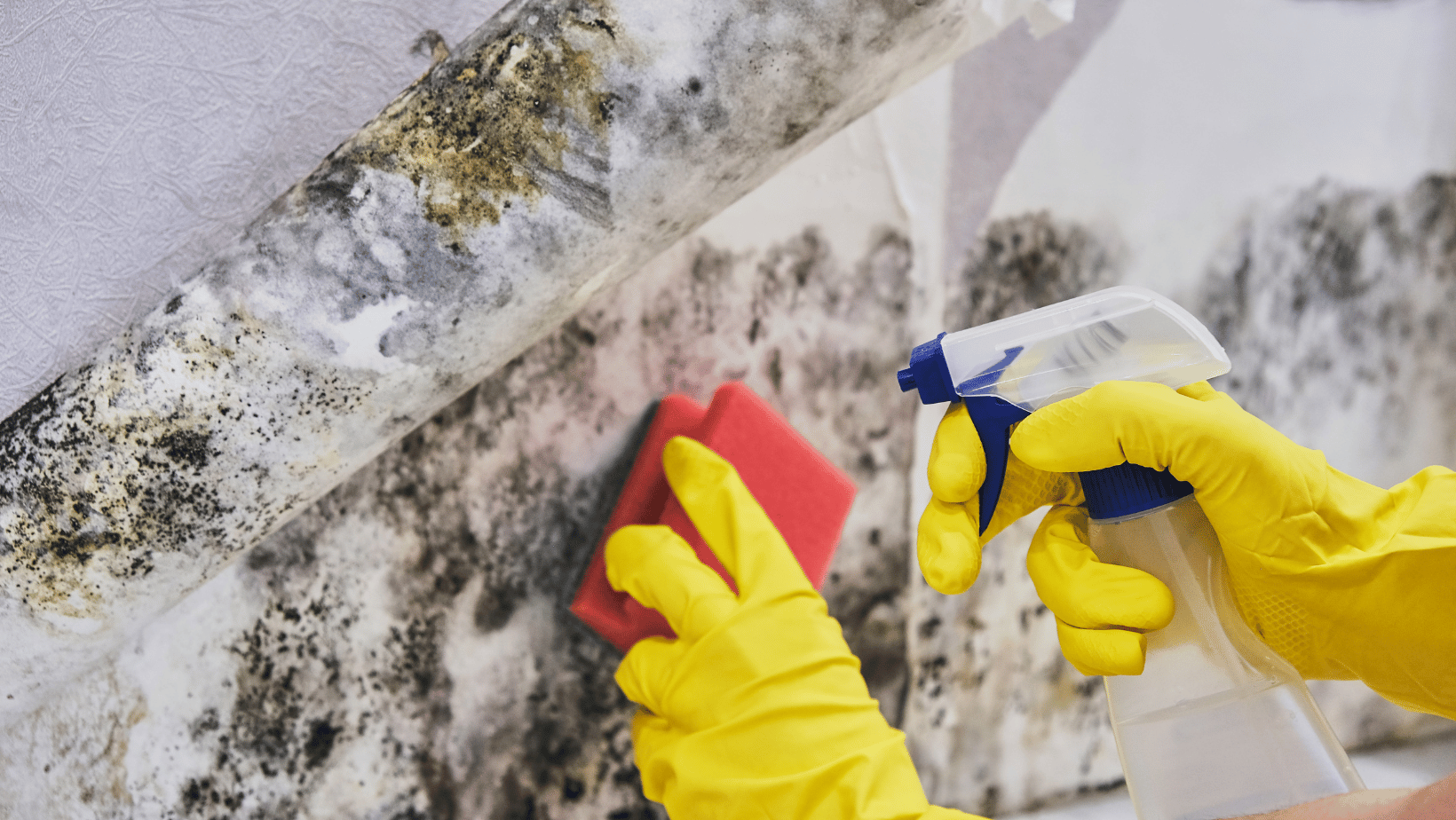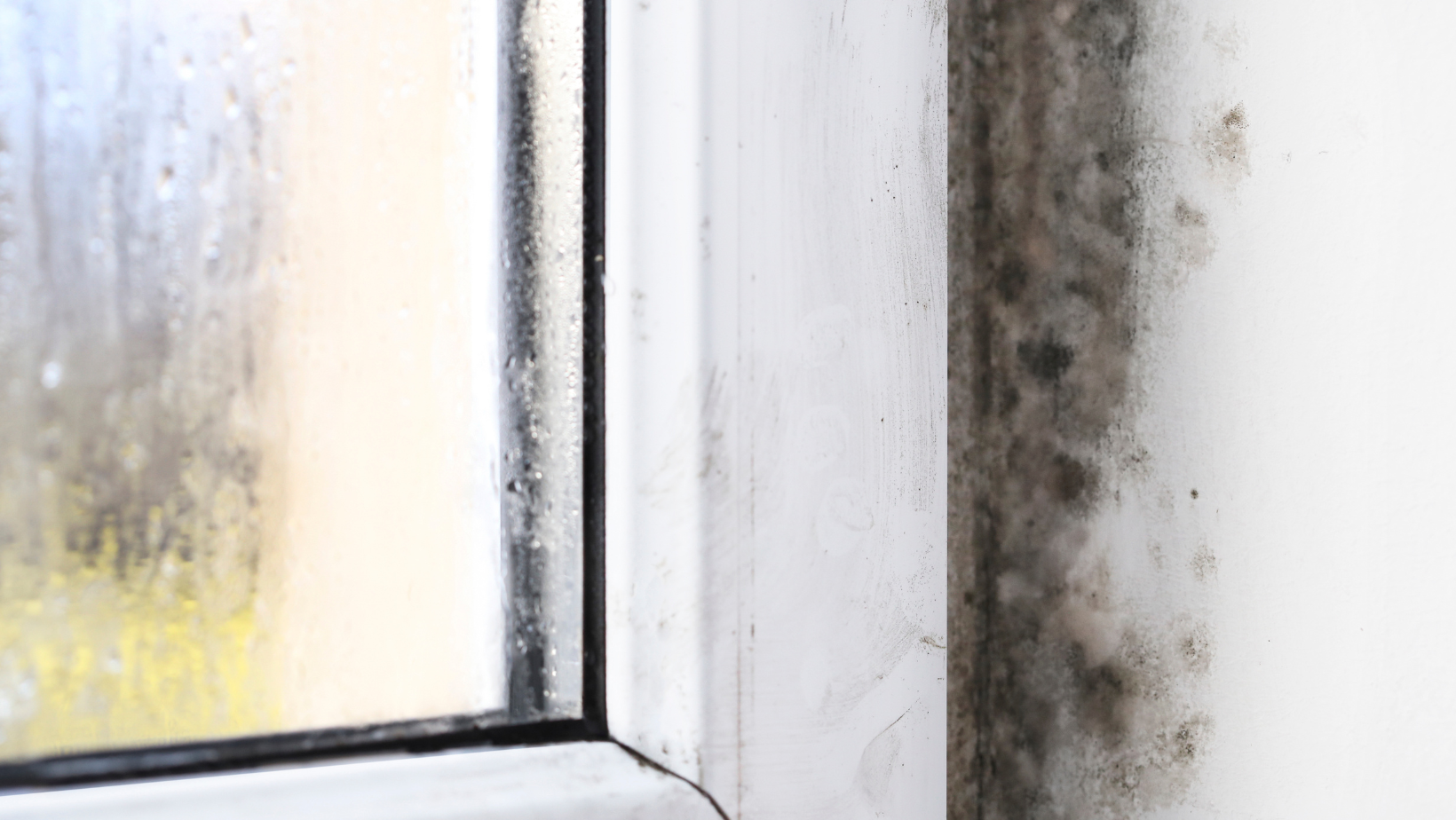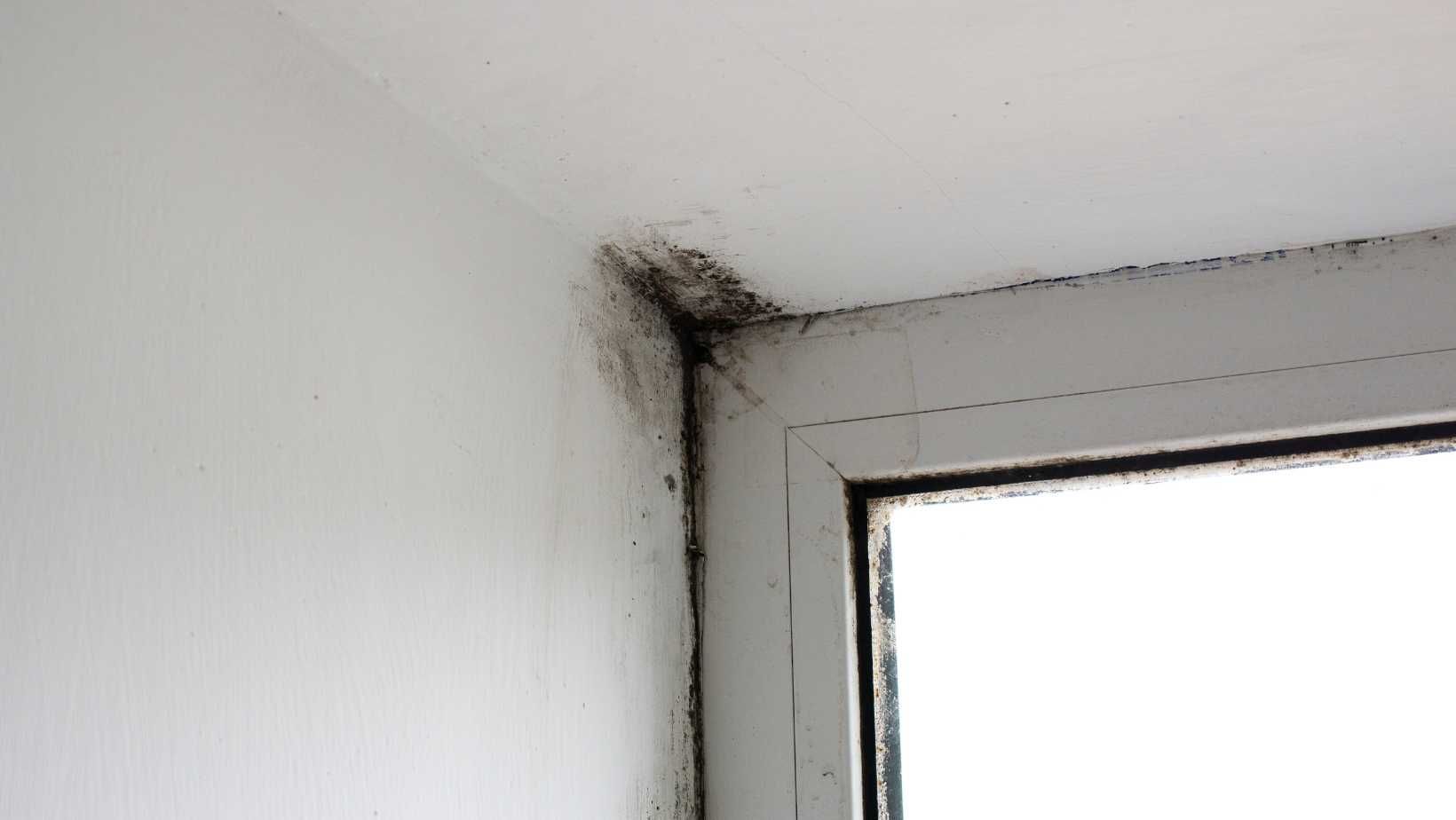Is there Mold in My Walls?
How do I know if there's mold in my walls?
One of the most common calls we receive each week comes from concerned Louisiana home or business owners who are worried about mold in their walls. Fear of the unknown is what drives this concern, and it can be scary. Here's what you should know:
- Conducive Conditions: Mold needs certain conditions, or what we call "conducive" conditions in order to grow.
- Food source: Wood and cellulose-based building materials like drywall.
- Moisture source: Something as unsuspecting as humidity can (and does) cause mold. Water leaks are a close second. Condensation and insufficient air circulation can also contribute to the moisture that mold needs.
- Temperature: Like humans, most species of mold that grow here in Louisiana do not like freezing temps. Cold weather can send mold into a non-viable state, but does not make it go away.
- Oxygen: Yes, mold also needs to breathe. Without enough oxygen, it will again go into a non-viable state.
What causes mold to grow inside my walls?
There are a few more common causes of mold growth inside your walls - some more common than others.
- Window leaks: Water leaking into and under a window sill or framing can cause moisture and subsequent mold inside the walls. It is usually isolated to this area if the leak is slow or has been repaired.
- Pipe leaks: Pipes don't always burst and make themselves outwardly obvious. Sometimes, they leak ever so slowly, causing mold to develop slowly inside your wall cavity.
- Insufficient Insulation: A lack of insulation or the work type or "R" value can cause mold in your walls, here's how. Too little insulation can allow for condensation to occur. That moisture can cause mold.
- Humidity: Our old friend humidity again! Yup, humidity can also cause and contribute to mold conditions inside your walls.
If mold is in there, is it everywhere behind the walls?
Not likely. Unless there have been several roof or siding leaks and water has entered freely for some time, mold is most likely isolated to the areas near the leak source. Remember, mold is picky and requires several conducive conditions to grow. If those conditions aren't there - neither is mold. Pretty simple.
How can I tell if there's mold in my walls?
The first and most obvious way to tell is if there's mold on the side of the wall you can see, there's likely mold on the inside. Another way is through a forensic discovery inspection. This should be performed by a licensed Louisiana Mold Inspector. Your mold inspector can remove sections of walls to look behind them with boroscopes or mirrors. Your mold inspector can also take air samples from the wall cavity to test the air quality for mold. This will determine if mold has aerosolized inside the wall cavity.
What to do next?
Give us a call to discuss your specific situation 337-446-2042
You might also like
DryMax Mold Blogs




